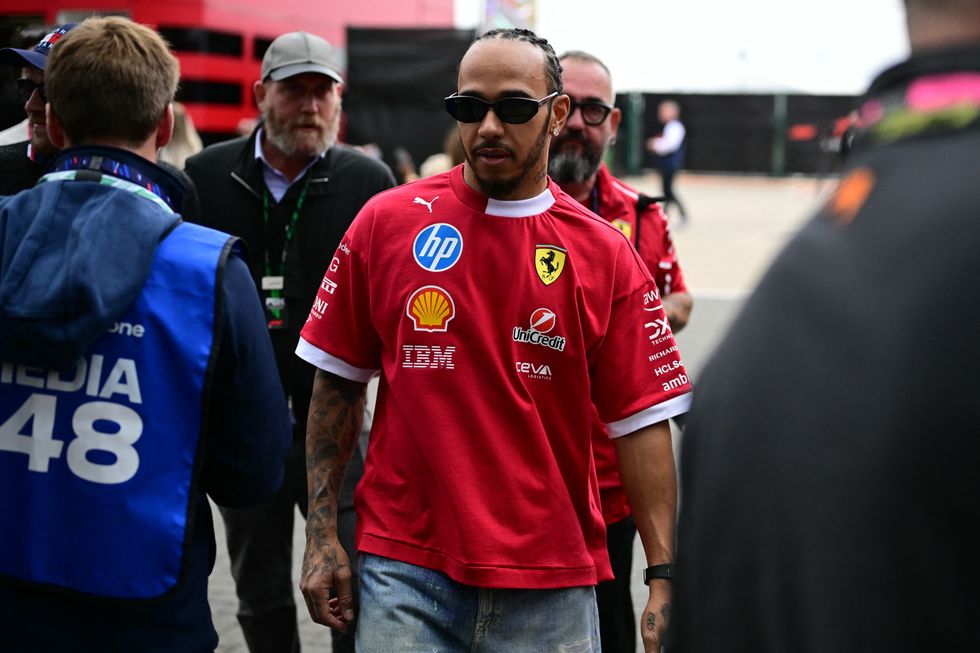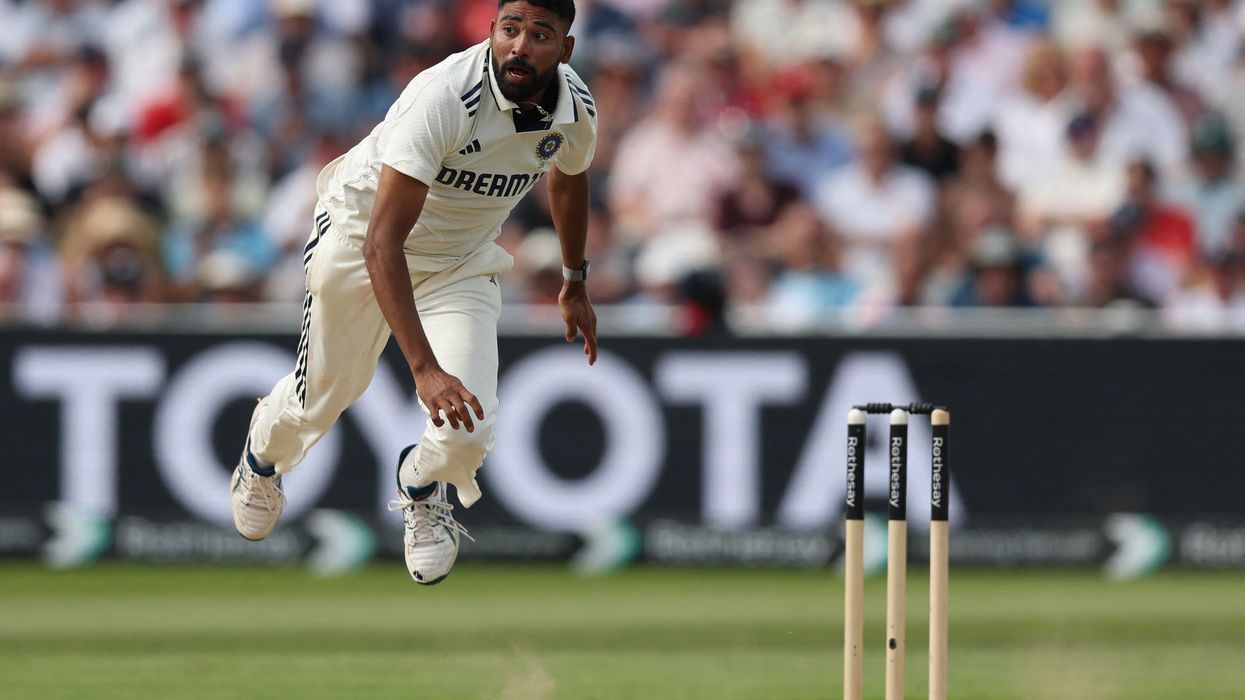IT IS not yet 7am and the sun has still to rise above a hazy Mumbai sky.
But there is already a steady stream of cricketers of various ages heading into the city’s Oval Maidan, a large public park.
Some are clad in traditional whites, with the children among them almost dwarfed by the large bags of cricket equipment on their backs as they hurry to attend net practice. Others, simply wearing T-shirts and shorts, are here for just an impromptu game of tennis-ball cricket with their friends.
All, however, are united by a passion for the sport, and maybe somewhere there is a future star all set to follow in the footsteps of Sunil Gavaskar, Sachin Tendulkar and Rohit Sharma, the captain of India at the ongoing World Cup, all of whom once played on the maidans (public grounds) themselves.
Set against the backdrop of Mumbai’s high court and the Rajabai clock tower, in what is a UN World Heritage site, the scene of hundreds of cricketers gathering on the Oval Maidan has been a familiar part of the landscape for generations in a city that prides itself on being a hotbed of the game, even in a country with a fanatical devotion to the sport.
But girls, as well as boys, are now part of the picture. Teenager Pranjal Chilwant takes her place in a net pitched on the rough and uneven grassland – in marked contrast to the smooth surface of Mumbai’s Wankhede stadium that is staging World Cup games – to play a series of textbook drives against her male contemporaries.
Watching on is her coach, Subodh Bhosle of the Steadfast Cricket Academy.

“We are here every week (Saturday) from 6:45-9am,” Bhosle, 38, told AFP.
“Maidan cricket is very important for India and the whole world,” added Bhosle, in the year above Sharma when the pair were in the Mumbai youth set-up.
“Here you are not given those privileges where you get a good infrastructure. When you field on a maidan, the ground is always up and down. But then you are more keen on catching the ball... Here you get sweat and blood and then you play the game.”
For Pravin Amre, the journey from maidan cricket to India honours was a dream that became a reality.
Now a successful coach – two of his proteges Shreyas Iyer and Shardul Thakur are in India’s 15-man World Cup squad – Amre, currently works with the Delhi Capitals and the Mumbai Indians franchises in the Indian Premier League.
But that does not stop the 55-year-old former India batsman returning whenever he can to coach a new crop of young talents in Shivaji Park, at 28 acres the largest of Mumbai’s maidans.
“I am the product of maidan cricket right now where you are in Shivaji Park,” Amre told AFP. “This is where I started my journey when I was a 10-year-old kid. It’s like my second home.

“I was very lucky to have as my coach and guru Ramakant Achrekar (who also guided a young Tendulkar).”
“But maidan cricket, it’s so tough. You can see, this is a public park. We learn about hard work from an early age, we know we have to make it count.
“All the greats of Mumbai cricket started here (the maidans). There are no side screens, you have to manage everything yourself,” he added.
“Maybe that’s why we produce so many great cricketers,” explained Amre, who scored a hundred on Test debut against South Africa in Durban in 1992.
Mumbai have won the Ranji Trophy, India’s domestic first-class competition, a record 41 times, with Amre adamant the maidans had a key role in that sustained success.
“To get into the Mumbai team, it’s so challenging,” he said. “It’s a lot of pain and 15 years of hard work for any boy to start his journey on the maidan and then to go play at the Wankhede.”






 Lewis Hamilton topped FP1 and finished third in FP2Getty Images
Lewis Hamilton topped FP1 and finished third in FP2Getty Images










